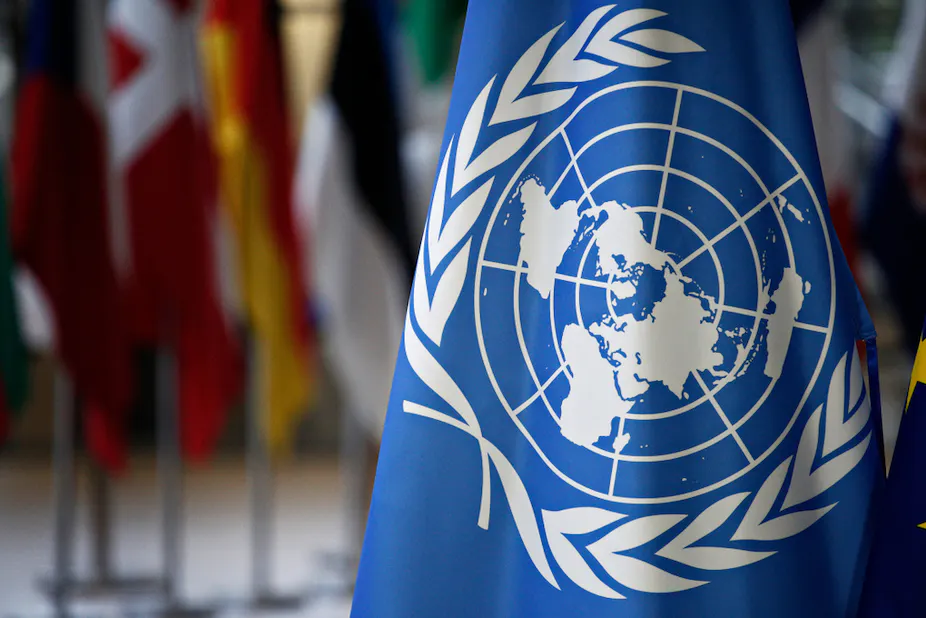Evasive and imprecise. This is how the Foundation of Studies for the Application of Law (FESPAD) considered the answers of the Salvadoran State on the list of questions related to its sixth periodic report submitted to the United Nations (UN).
In one of the questions, the UN questioned the Government on the measures adopted to guarantee judicial independence in El Salvador, especially that of the Constitutional Chamber of the Supreme Court of Justice (CSJ). In this regard, the State responded that the Constitution guarantees the autonomy of said chamber and that the Legislative Assembly elects the magistrates that comprise it, but without elaborating on the measures.
The director of Access to Justice of FESPAD, Héctor Carrillo, said that the Government limited itself to mention the regulation that exists in the country’s laws without pronouncing itself on “alarming facts” such as the coup to the Constitutional Chamber and the forced retirement of judges of the Judicial Branch as decisions “coming from high officials.”
“The State, aware of not having positive elements to report, chose to give inconsequential information. Independence as such is contemplated, as well as the judicial career or the election mechanism. However, this is not the same as saying that there are guarantees of the independent exercise of judicial work in practice. The existence of regulation is only one aspect, but the respect for those norms is another thing,” argued Carrillo.
The magistrates of the Constitutional Chamber were dismissed by the deputies of the official party, Nuevas Ideas, on May 1, 2021, the same day they took office in the Legislative Assembly.
The United Nations also asked El Salvador about the measures adopted to prevent and punish harassment and threats to human rights defenders. The State responded that any human rights violation that constitutes a crime could be reported to the Attorney General’s Office (FGR).
Celia Medrano, a human rights specialist, commented that the country does not have a protection policy for defenders and that simple complaints are insufficient.
“The current Legislative Assembly shelved a proposal that organizations lobbied for several years. The message was clear: human rights defenders are considered by the government and state agencies as political opposition and will be treated as enemies,” he stressed.
Gobierno salvadoreño sin responder por independencia judicial ante la ONU
Evasivas e imprecisas. Así consideró la Fundación de Estudios para la Aplicación del Derecho (FESPAD) las respuestas del Estado salvadoreño sobre la lista de cuestiones relativas a su sexto informe periódico presentado a la Organización de las Naciones Unidas (ONU).
En una de las interrogantes, la ONU cuestionó al Gobierno sobre las medidas adoptadas para garantizar la independencia judicial en El Salvador, sobre todo la de la Sala de lo Constitucional de la Corte Suprema de Justicia (CSJ). Al respecto, el Estado respondió que es la Constitución la que garantiza la autonomía de dicha sala y que es la Asamblea Legislativa la que elige a los magistrados que la conforman, pero sin ahondar en las medidas.
El director de Acceso a la Justicia de FESPAD, Héctor Carrillo, sostuvo que el Gobierno se limitó a mencionar la regulación que existe en la normativa del país, sin pronunciarse sobre “hechos alarmantes” como el golpe a la Sala de lo Constitucional y el retiro forzoso de jueces y juezas del Órgano Judicial como decisiones “provenientes de altos funcionarios”.
“El Estado, consciente de no tener elementos positivos que reportar, optó por dar información intrascendente. La independencia como tal sí está contemplada, lo mismo que la carrera judicial o el mecanismo de elección. Sin embargo, eso no equivale a decir que en la práctica se tenga garantías del ejercicio independiente de la labor judicial. La existencia de una regulación es solo un aspecto, pero el respeto a esas normas es otra cosa”, argumentó Carrillo.
Los magistrados de la Sala de lo Constitucional fueron destituidos por los diputados del partido oficial Nuevas Ideas, el 1 de mayo de 2021, mismo día en que tomaron posesión en la Asamblea Legislativa.
Otro de los aspectos por los que preguntó la Organización de las Naciones Unidas a El Salvador fue sobre las medidas adoptadas para prevenir y sancionar los hostigamientos y amenazas a defensores de derechos humanos, a lo que el Estado respondió que cualquier afectación a derechos humanos que constituya delito puede ser denunciada ante Fiscalía General de la República (FGR).
Celia Medrano, especialista en derechos humanos, comentó que el país no cuenta con una política de protección para los defensores y que las simples denuncias no bastan.
“La Asamblea Legislativa actual archivó una propuesta que organizaciones cabildearon por varios años. El mensaje de ello fue claro: los defensores de derechos humanos son considerados por el gobierno y las instancias estatales como oposición política y serán tratados como enemigos”, recalcó.

